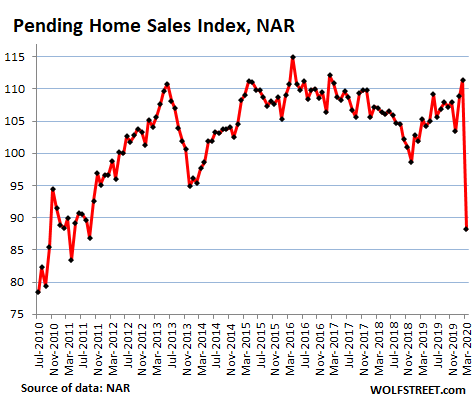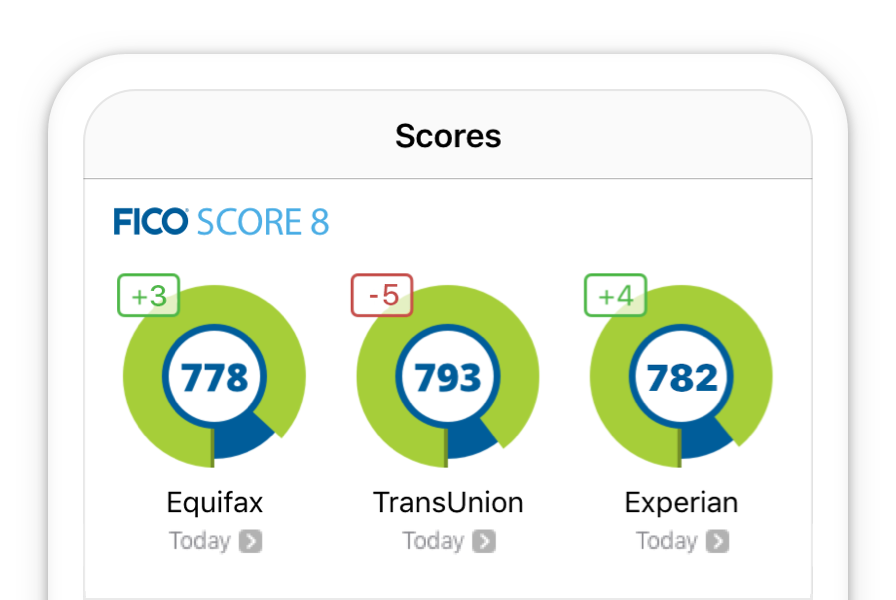Jumbo loan borrowers normally need to have about six months' worth of payments in their bank accounts after they close on your house; that sharply contrasts with traditional debtors, who just need about 2 months' worth of mortgage payments set aside. Jumbo loans may not be appropriate for everybody, but they do have some outrageous benefits.
Even more, interest on the loans valued at approximately $1 million is tax-deductible, which can provide a big benefit for big-time borrowers. Economists at Tucker Home mortgage might have the ability to help you identify whether you receive these high-end loans. Now that we have covered the more conventional kinds of loans, let's leave into the more intricate world of variable-rate mortgages, which can trigger some confusion among borrowers.
Unlike fixed-rate mortgages, these loans involve rates of interest adjustments over time. ARMs are considered riskier loans since the rate of interest is most likely to increase as the term of the loan advances. The majority of ARMs are developed on a 30-year home mortgage strategy. Borrowers pick their preliminary term, during which an initial rate is applied.
You would then pay the adjusting rate for twenty years. All of the ARMs are based off of a 30-year terms - what is the going rate on 20 year mortgages in kentucky. For a 7/1 ARM, you would pay the initial rate for seven years, and then you would have a rate that continually changes for 23 years. Similarly, introductory rates last for five years with a 5/1 mortgage and three years for a 3/1 ARM.
How Is The Average Origination Fees On Long Term Mortgages for Beginners
Your loan imitates a fixed-rate mortgage during the introductory term. Then, after the initial duration, your loan ends up being connected to a rate of interest index. That implies that your loan rate can vary by a number of points every year; it is regularly re-evaluated after the initial duration ends. The rate of interest indexes can come from a number of sources.
Your interest rate may vary, but there will be a designated yearly cap to avoid an overwhelming hike in your rates of interest in a brief time period. Still, the first adjustment after your lower-rate initial period may be a shock, since these limits do not always apply to that preliminary modification.
That is why economists at Tucker Home loan recommend the ARM loan for individuals who plan to remain in their houses for only a brief time. If you believe you will be leaving the house within a five-year window, it may make more sense to conserve money on your regular monthly payments by enjoying a lower rate and after that selling the house before the interest quantity is adjusted.
This is why ARMs are normally considered riskier, but they can be advantageous for short-term buyers. For those who desire an even lower payment at the start of their ARM, the interest-only 5/1 and 3/1 may be the best alternative. Interest-only loans imply that you are only paying interest throughout the first three- or five-year duration.
The 7-Minute Rule for How Many New Mortgages Can I Open
The home loan's principal is not being paid for at all; during the initial period, you are only paying interest on the loan. Who would take advantage of this kind of arrangement? Most specialists say that the very best candidate for an interest-only loan is someone who plans to pay off the loan completely before the interest-only period ends.
Debtors can constantly choose to refinance an interest-only or conventional ARM, but this can be a possibly pricey move, considering the countless dollars required to complete the process. It is essential to weigh the benefits of an ARM over the fixed-rate choice, thinking about that the ARM might ultimately cost more over the long term.
USDA loans are developed to assist low-income Americans purchase, repair and refurbish homes in backwoods of the nation. In order to certify for this type of loan, the debtor should have an income that falls between 50 and 80 percent of the location's mean earnings; simply put, they are generally considered low-income borrowers.
Homes bought through this program needs to be thought about "modest" for the location, and they likewise need to satisfy a shopping list of other requirements. Low-income debtors who are thinking about purchasing a rural home needs to consult their loan providers to find out more about the USDA aids and loan programs. Loans through the VA are only available to those who have served in the military, including the National Guard and Reserve.
How Why Are Fixed Rate Mortgages "Closed Loan" can Save You Time, Stress, and Money.
There are a variety of service limitations that need to be fulfilled in order for the borrower to be qualified, too. For instance, any veteran who has been serving from 1990 to the present should have served for 24 constant months, among other requirements. National Guard and Reserve members should have served for at least 6 years prior to being put on the retired list, getting an honorable discharge or being moved to a Standby or Ready Reserve system.
Experts at Tucker Home mortgage might be able to assist veterans find out more about their eligibility for these unique loans. As you can see, there are a number of home loan alternatives that may be available to debtors during the home-buying procedure. It is essential to thoroughly consider your financial circumstance and task your preferred future payments prior to dedicating to a mortgage.
Even a risky loan might be suitable for your personal situation, depending upon your needs and plans! Do not mark down any of the loans merely because they offer a non-traditional format. Contact a home mortgage professional to figure out which home loan is ideal for you!Qualifications for all of IHCDA's property buyer programs are identified by your total home income being under the program earnings limitation for the county you are buying your home in.

A borrower can also qualify for 3-4% down payment assistance, depending upon the type of loan funding, based off of the prices of the home being acquired. The help comes in the form of a second home mortgage, however carries no interest and no payments. The down payment help funds should be repaid in complete if the customer selects to re-finance or sell in the first two years of owning the home.

School Lacks To Teach Us How Taxes Bills And Mortgages Work - Questions
If you're purchasing a house, odds are you ought to be buying home loan as welland nowadays, it's by no implies a one-mortgage-fits-all design. Where you live, how long you prepare to remain put, and other variables can make particular mortgage much better fit to a home purchaser's situations and loan quantity.
Numerous types of mortgage exist: conventional loans, FHA loans, VA loans, fixed-rate loans, https://rafaeletyj127.skyrock.com/3336216536-The-smart-Trick-of-Why-Do-Banks-Sell-Mortgages-To-Fannie-Mae-That.html adjustable-rate home loans, jumbo loans, and more. Each home loan might need certain deposits or specify requirements for loan amount, home loan insurance coverage, and interest. To find out about all your home-buying alternatives, have a look at these common types of house mortgage loans and whom they're suited for, so you can make the ideal option.
The most common type of conventional loan, a fixed-rate loan recommends a single interest rateand regular monthly paymentfor the life of the loan, which is generally 15 or thirty years. One kind of fixed-rate home loan is a jumbo loan. Property owners who long for predictability and aren't going anywhere quickly may be best suited for this standard loan.